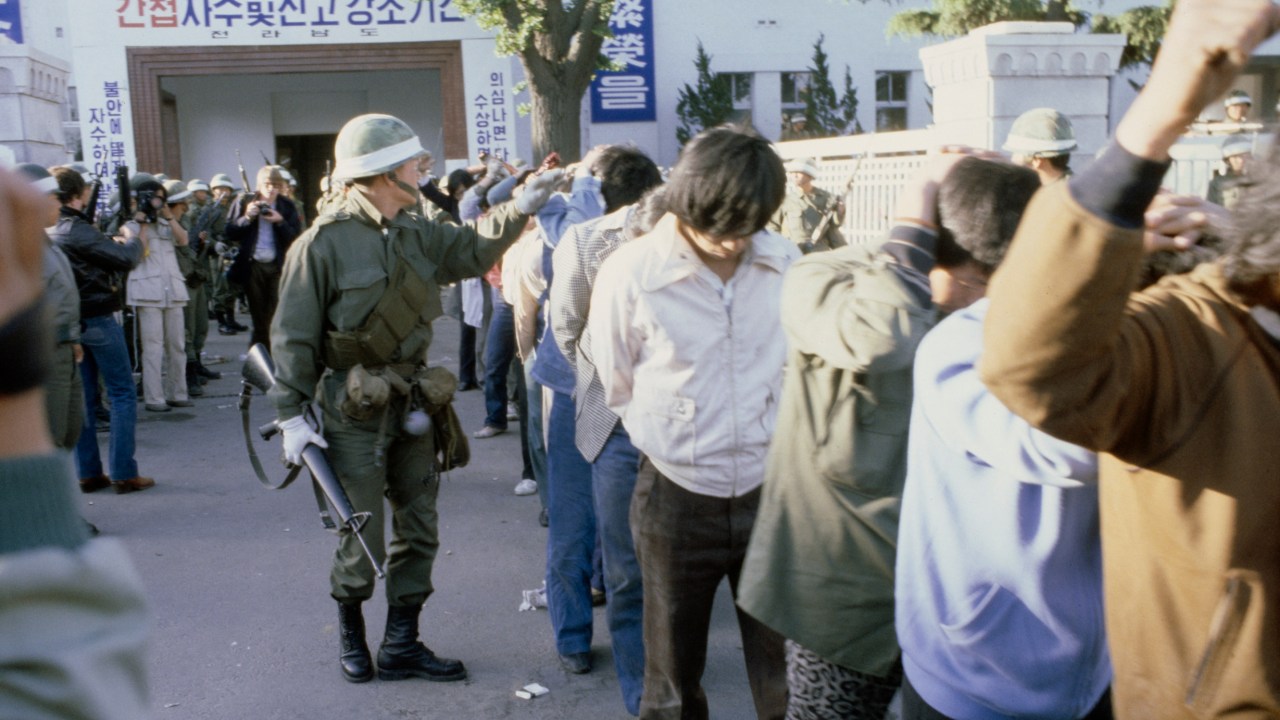The news that President Yoon had instated martial law on Tuesday hit me hard. The last time martial law was declared in South Korea, in May 1980, I was a Peace Corps volunteer living in Gwangju, a city in the south west of the country. Peaceful protests against martial law took place in the city, until the military moved in and killed hundreds of ordinary people.
What became known as the Gwangju Uprising changed Korea, and me, forever. I was one of a handful of foreigners to witness the uprising, and ended up translating for the few foreign reporters who managed to get into the city.
Forty-four years later, I couldn’t help but worry that something similar would happen again this week. Several Facebook posts noted the inauspicious timing of President Yoon’s declaration of martial law – which thankfully has now been rescinded. In just a few days the Korean novelist Han Kang will receive the Nobel prize for literature.

Britain’s best politics newsletters
You get two free articles each week when you sign up to The Spectator’s emails.
Already a subscriber? Log in







Comments
Join the debate for just £1 a month
Be part of the conversation with other Spectator readers by getting your first three months for £3.
UNLOCK ACCESS Just £1 a monthAlready a subscriber? Log in